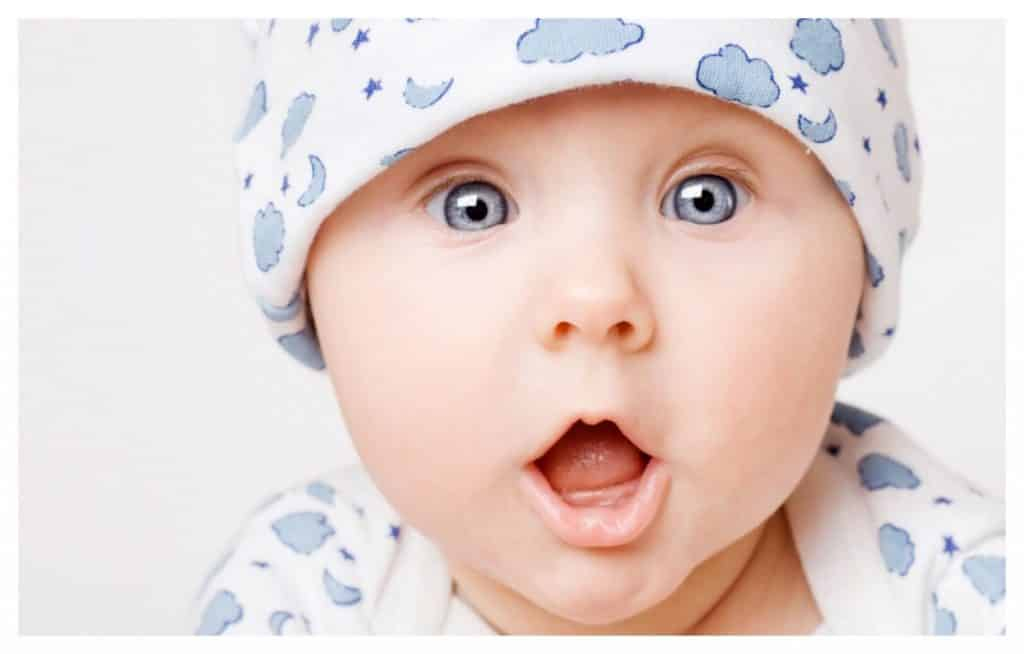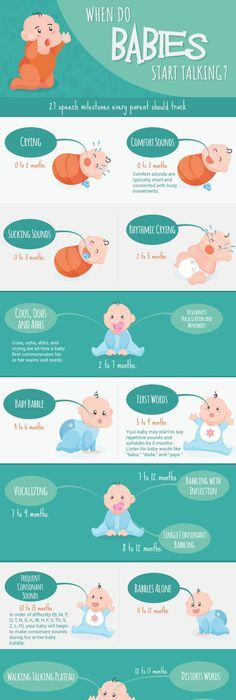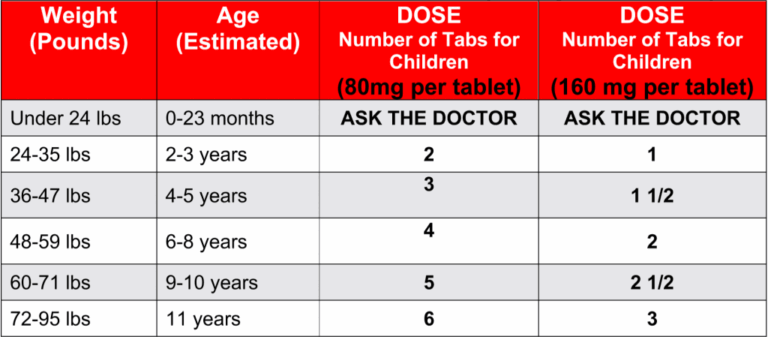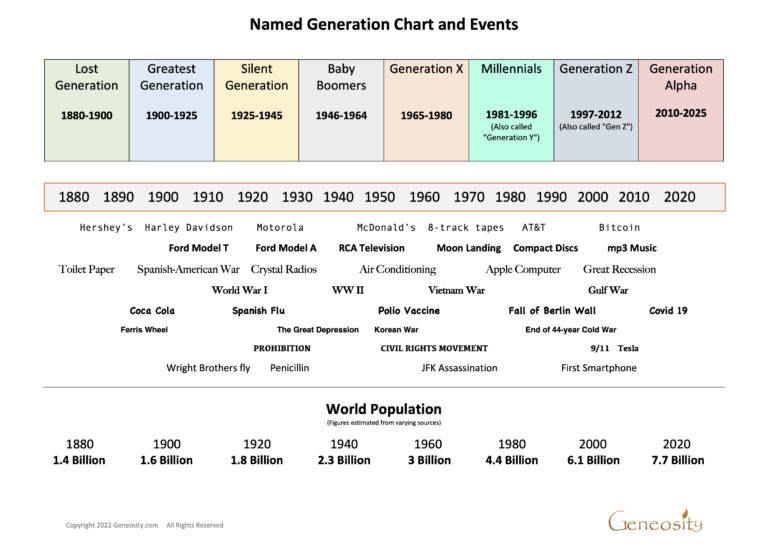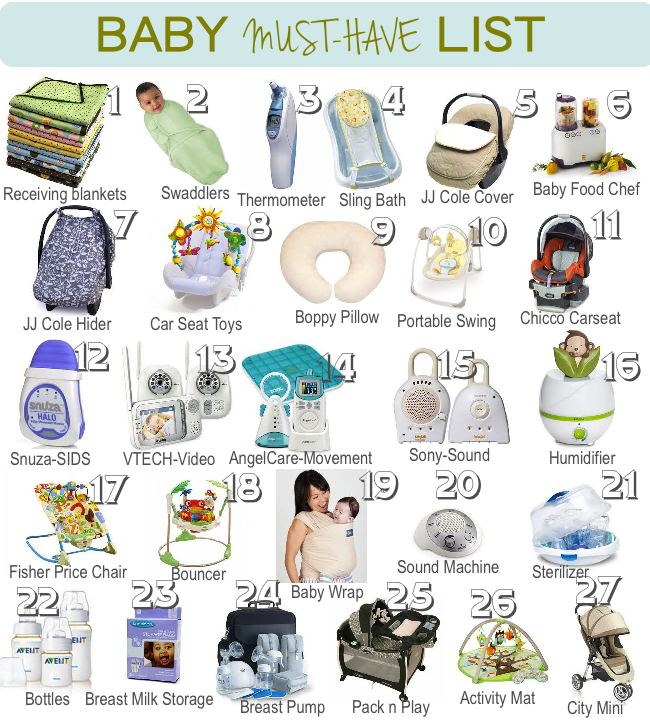When Does Baby Start Talking: A Comprehensive Guide
Have you ever wondered when your little one will start talking and communicating with you? The moment when your baby utters their first words is a significant milestone that every parent eagerly awaits. In this article, we will explore the exciting journey of when babies start talking, what to expect, and how you can help foster their language development.
Knowledge
When it comes to baby’s language development, there is a wide range of what is considered normal. Most babies will start babbling around 6 to 9 months of age. Babbling is an essential precursor to actual speech and involves making repetitive sounds like “ba-ba” or “da-da.” It’s their way of practicing vocalizations and experimenting with different sounds.
By their first birthday, most babies will say a few simple words like “mama” or “dada.” However, it’s essential to note that every baby develops at their own pace, so don’t be alarmed if your little one is a late talker. Some babies may not say their first words until 18 months or later, and that is perfectly normal.
Factors that can influence when a baby starts talking include their exposure to language, their overall development, and their individual temperament. Babies who are around a lot of language and communication from their caregivers tend to start talking earlier. Likewise, babies who are more outgoing and social may also start talking sooner than more reserved babies.
As your baby’s language skills continue to develop, they will progress from single words to simple phrases and eventually full sentences. By the time they are 2 years old, most children can string together words to express their needs and wants. Encouraging your child’s language development through reading, talking, and singing to them can help support their growing vocabulary and communication skills.
Conclusion
In conclusion, the question of when does baby start talking is one that varies from child to child. While some babies may start talking as early as 9 months, others may not utter their first words until well into their second year. The key is to provide a nurturing and language-rich environment for your little one to explore and learn at their own pace.
Parents and caregivers play a crucial role in supporting their baby’s language development by engaging in conversations, reading books, and exposing them to a variety of words and sounds. By fostering a love for language and communication from an early age, you can help set your child up for success in their language skills and overall development.
Remember, every child is unique, and it’s essential to celebrate their individual milestones and progress. So, cherish those first babbling sounds, celebrate those first words, and enjoy the journey of watching your baby’s language skills blossom over time.
